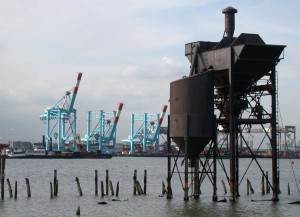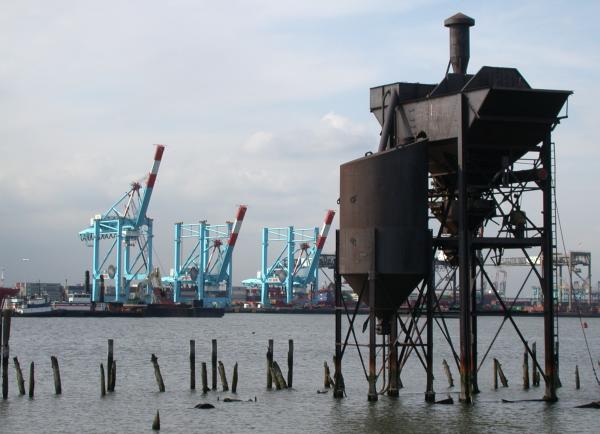 The global shipping industry will find little to rejoice in 2015 as projections for economic growth and recovery have been slightly downgraded, according to the Baltic and International Maritime Council (BIMCO).
The global shipping industry will find little to rejoice in 2015 as projections for economic growth and recovery have been slightly downgraded, according to the Baltic and International Maritime Council (BIMCO).
While the industry continues to suffer from oversupply in the freight market, the International Monetary Fund (IMF) now projects the demand side to be even less accommodative than previously assessed, it noted in a new report.
In the recently released January World Economic Outlook update, the IMF has lowered the projected growth for both 2015 and 2016 by 0.3%. The fund now expects global GDP to grow to by 3.5% in 2015 and 3.7% in 2016, up from 3.3% in the past two years.
The downward adjustment was expected, but it hits hard nonetheless, said Peter Sand, chief shipping analyst at BIMCO. “The global shipping industry needs much stronger support from the demand side to gradually improve the situation of too many ships chasing too few cargoes.”
But he also pointed out that overcapacity is primarily an internal problem that needs to be solved. “Amongst the elements that are effective in working to improve the fundamental balance are: slow steaming, the recycling of commercially sub-standard ships and adding capacity by using the second-hand markets,” he said.
BIMCO said the improved outlook for the U.S. and, to some extent, for the Euro area is contributing to higher growth in the advanced economies. This, however, is being countered by slowing economic activity in the developing and emerging economies of China and Russia.
As China focuses on its transition from an investment-driven to a consumption-driven economy, its GDP growth is expected to cool going forward and to affect the entire intra-Asian trades negatively.
“However, as the world’s second largest economy is still growing by 6.8% in 2015, down from 7.4% in 2014, the high growth level remains a key support for global shipping demand,” said the council.
“Lower Chinese growth also means lower commodity prices as we have seen, particularly in the last year, for dry bulk commodities. While this may limit revenues in the exporting nations, lower commodity prices in general affect shipping demand positively,” added Sand.
As for Russia, the geopolitical uncertainty in the country is seen to shrink its economy by 3% in 2015, a development that will impact shipping negatively.
But a spur to shipping is falling global oil costs. “The lower oil price is good for shipping as well as for the oil importing countries as it bring costs down and boost demand,” said BIMCO.
Photo: Matthew Trump





